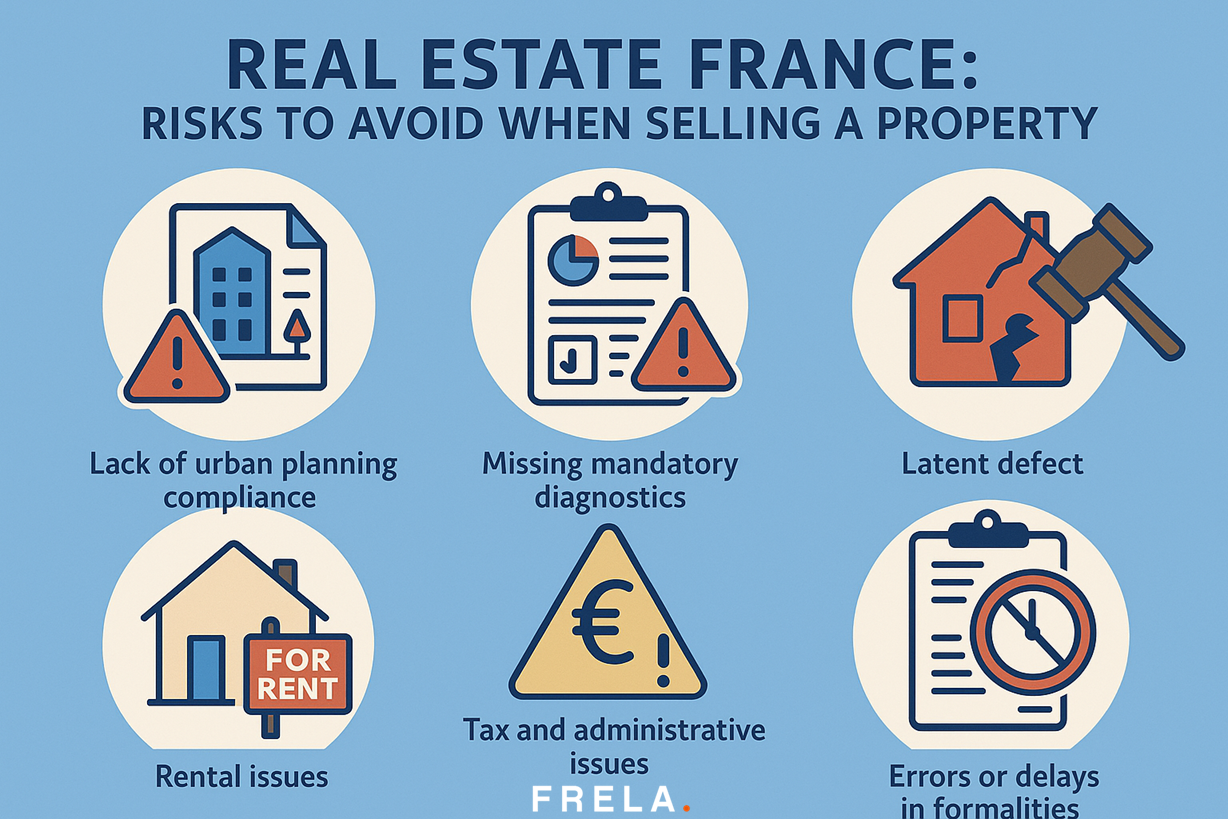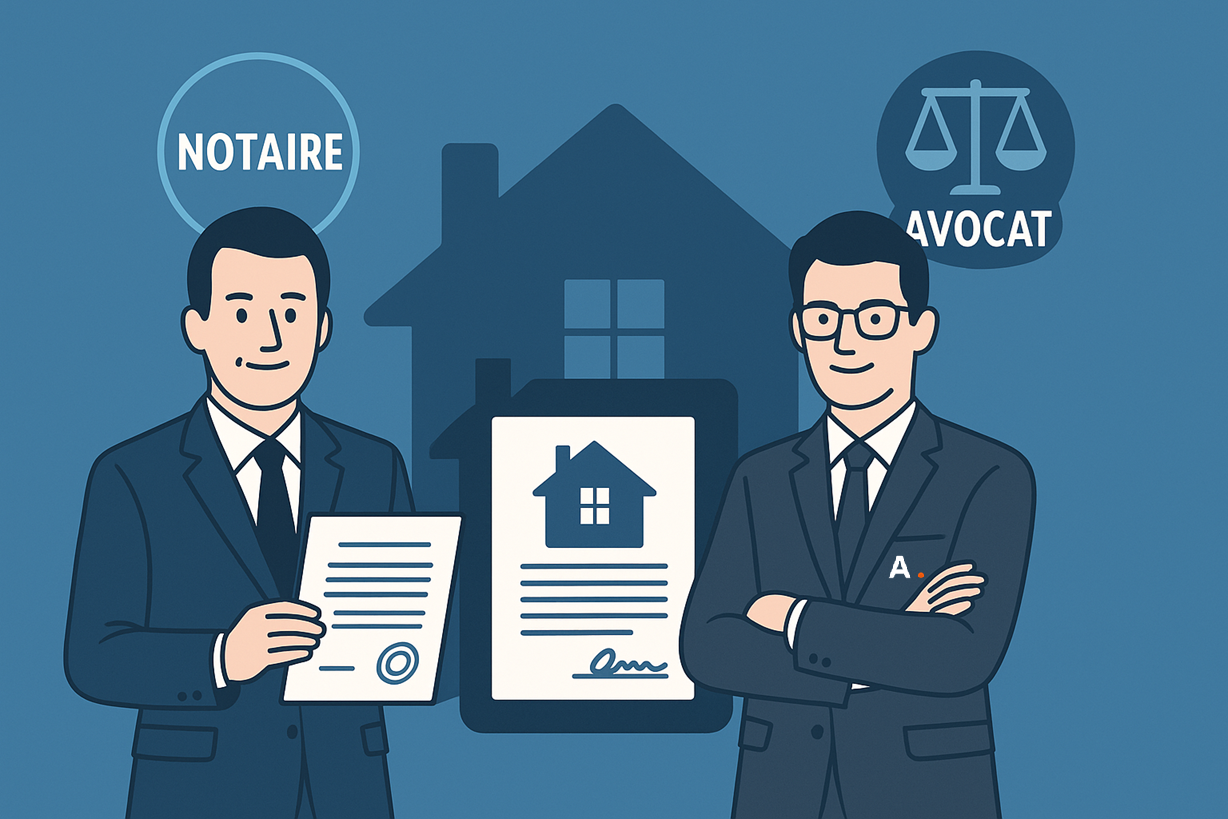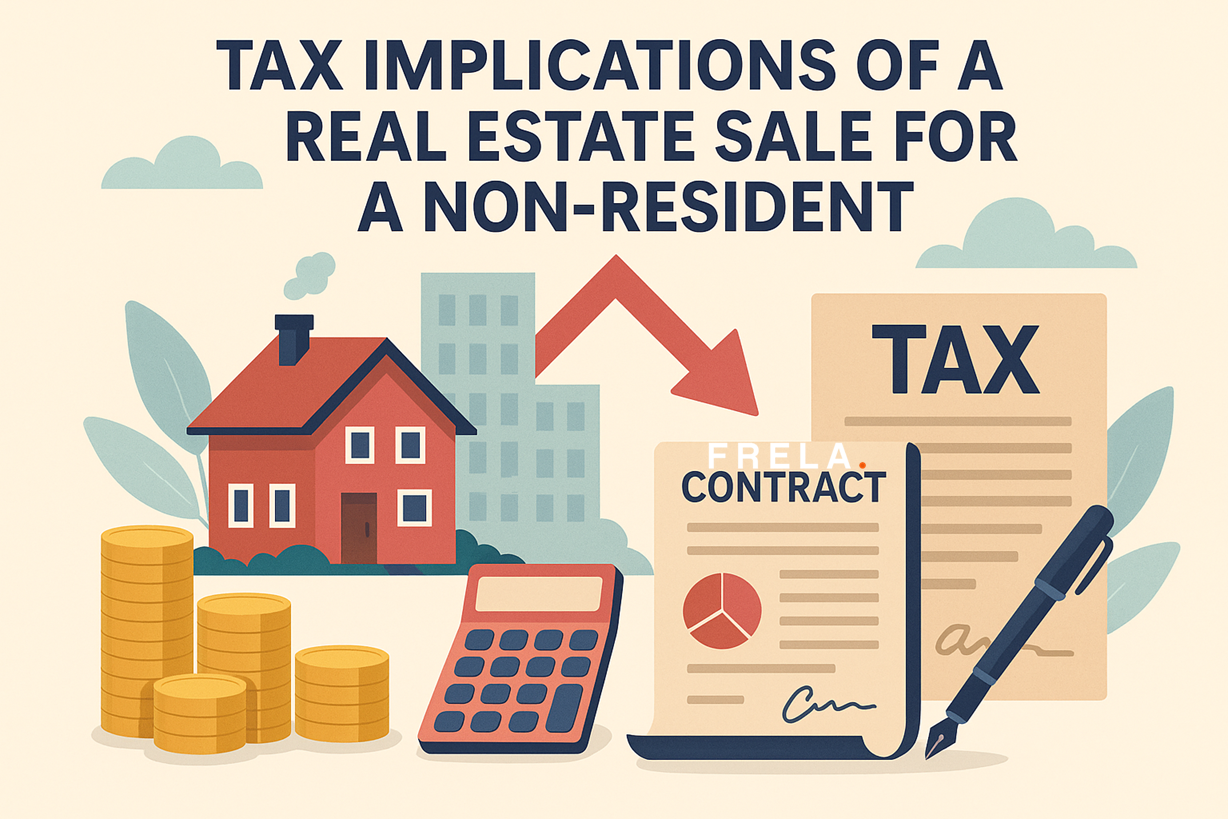A comprehensive overview of the mandatory real estate diagnostics in France
The new mandatory real estate diagnostics in France entered into force on 1st January, 2021. The purpose of these diagnostics is to ensure secure transactions between buyers and sellers of real estate.
These diagnostics are required for all properties built before 1st January, 2021. The following diagnostics are required:
- Energy Performance Certificate
- Asbestos Certificate
- Lead Certificate
- Electrical Certificate
If you are planning on buying or selling a property in France, it is important to be aware of these new requirements. A lawyer with expertise in real estate can provide you with the necessary guidance and advice.


The recent change in the law
On 1st January 2021, the French Government introduced a new law requiring mandatory real estate diagnostics for all properties built before 1st January 2021. This law was introduced in order to improve safety for all buyers and sellers of real estate in France. The law is intended to ensure that all transactions are secure, and that buyers and sellers have access to all of the necessary information in order to make an informed decision when buying or selling a property. The law states that a number of different real estate diagnostics are required. These diagnostics are designed to uncover any potential risks that may be associated with a property, such as the presence of lead, asbestos, or a poor energy rating. The law also sets out the responsibilities of both the buyer and seller when it comes to ordering and paying for these diagnostics. This is an important step towards ensuring a secure transaction.
What this means for buyers and sellers
These new requirements mean that buyers and sellers will have access to more information about the condition of the property they are buying or selling. For the buyer, this means that they will have the opportunity to uncover any potential risks associated with the property before making a purchase. This can help them to make an informed decision and prevent them from making a costly mistake. For the seller, this means that they can be sure that the property they are selling meets all current safety standards. These real estate diagnostics also provide an opportunity for buyers and sellers to negotiate on the price. The buyer may be able to request a lower price if it is determined that there are any potential risks associated with the property. On the other hand, the seller may be able to demand a higher price if the property is deemed to be in good condition.
What real estate diagnostics are required
The following diagnostics must be ordered for all properties built before 1st January 2021:
- an Energy Performance Certificate (EPC),
- an Asbestos Certificate,
- a Lead Certificate,
- an Electrical Certificate.
- An energy performance certificate is designed to show the energy efficiency of a property.
The asbestos certificate is used to uncover any potential risks from asbestos in the property. The lead certificate is used to test for the presence of lead. And the electrical certificate is used to check that the property meets current safety standards for electrical installations.
The different types of real estate diagnostics
There are a number of different types of real estate diagnostics that can be ordered. In addition to the four listed above, there are also diagnostics for gas, plumbing, heating, roofing….
Some of these diagnostics may only be required in certain circumstances, so it is important to speak to a lawyer with expertise in real estate if you are unsure as to whether these other diagnostics are required.
Who is responsible for ordering the real estate diagnostics
The real estate diagnostics must be ordered by the seller of the property. The buyer cannot order the diagnostics, as this would be seen as a conflict of interest. The buyer’s lawyer may be able to liaise with the seller’s lawyer on the details of the diagnostics, but ultimately it is the responsibility of the seller to order and pay for the diagnostics.
The costs of the real estate diagnostics
The cost of the real estate diagnostics will depend on the type of diagnostics required, as well as the size and condition of the property. The average cost for the four required diagnostics is around €500-€2000. This fee is typically paid by the seller, although it is possible for the buyer to negotiate for this fee to be factored into the purchase price.
The impact of the new law on the real estate market
The new law has had a positive impact on the French real estate market, as it has increased transparency and improved safety for buyers and sellers. Buyers now have more information about the condition of the property before purchasing, and sellers are better able to evaluate the condition of the property and set an appropriate price. The law also encourages buyers to upgrade their property to current safety standards, as any defects uncovered by the diagnostics will have to be addressed before the sale is complete. Overall, the new law is encouraging buyers and sellers to be more diligent in their transactions, and this can only be beneficial for the future of the French real estate market.
About the Author :
Business lawyers, bilingual, specialized in acquisition law; Benoit Lafourcade is co-founder of Delcade lawyers & solicitors and founder of FRELA; registered as agents in personal and professional real estate transactions. Member of AAMTI (main association of French lawyers and agents).
FRELA : French Real Estate Lawyer Agency, specializing in acquisition law to secure real estate and business transactions in France.
Paris, 19 Rue du Colisee, 75008 Paris
Bordeaux, 78 Cours de Verdun, 33000 Bordeaux
Lille, 40 Theater Square, 59800 Lille





